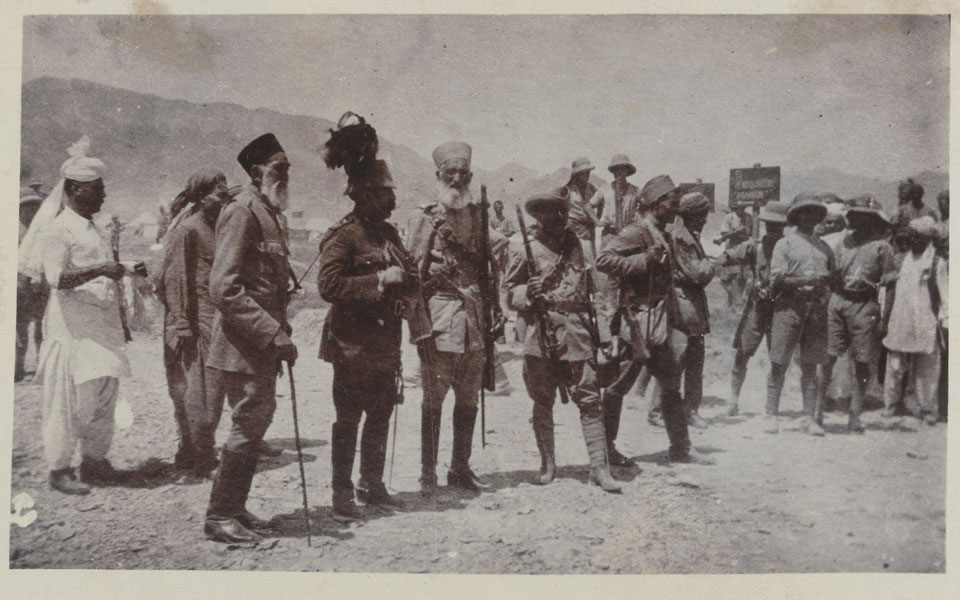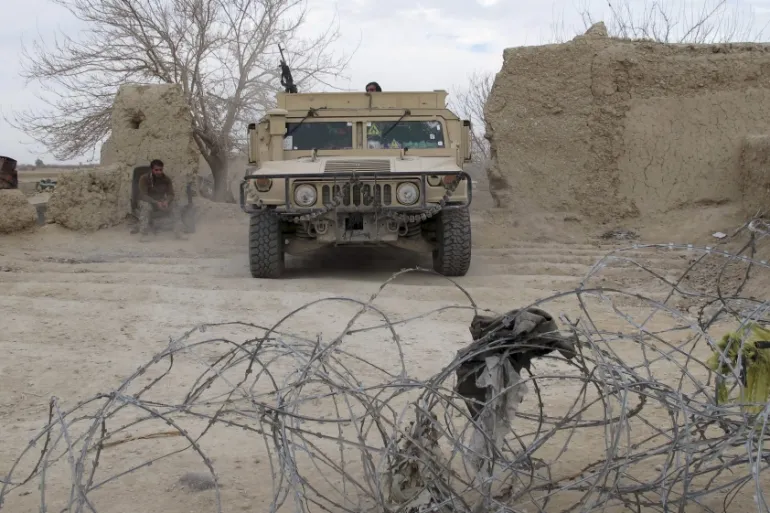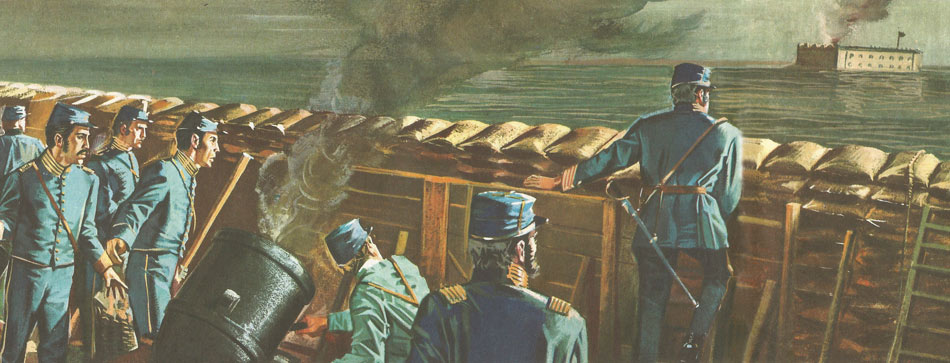War in Afghanistan: The War in Afghanistan, which began in 2001 and lasted for nearly two decades, is one of the most significant military conflicts of the 21st century. This article explores the historical, political, and social significance of the war, analyzing its impact on both Afghanistan and the wider world.
Background and Context of the War in Afghanistan:

The War in Afghanistan began in response to the September 11, 2001 terrorist attacks on the United States. The Taliban government that ruled Afghanistan at the time harbored Osama bin Laden and other al-Qaeda leaders who were responsible for the attacks. In retaliation, the United States and its NATO allies launched a military intervention to dismantle al-Qaeda and remove the Taliban from power. This intervention began a long and complex conflict.
Global Impact of the War on Terror:
The War in Afghanistan became a central part of the global War on Terror, a term coined by US President George W. Bush. The war’s significance is not limited to Afghanistan alone but has had a profound impact on global security. It has reshaped the way nations approach counterterrorism, military strategy, and international cooperation.
One of the major outcomes of the war was the emergence of asymmetric warfare, in which technologically advanced forces like the U.S. military engage in protracted conflicts against insurgent groups and guerrilla fighters. The war also led to the establishment of military bases in Central Asia, which would influence geopolitical relations in the region for years to come.
Humanitarian crisis and civilian impact:
Although the war in Afghanistan was intended to eliminate the terrorist threat, it inadvertently created a significant humanitarian crisis. The conflict has killed thousands of Afghan civilians and displaced millions from their homes. The war has caused extensive damage to infrastructure, leaving many communities deprived of basic services such as healthcare, education, and clean water.
The long-term impact of the war has been particularly devastating for Afghan women and children. Under the Taliban regime, many basic human rights were denied, especially for women. Despite reconstruction efforts, these problems persisted, posing significant challenges to achieving long-term peace and stability.
Strategic and political implications:
Politically, the war in Afghanistan had far-reaching consequences. For the United States, the war represented a new type of conflict—one focused on counterinsurgency, nation-building, and international alliances. The involvement of NATO forces highlighted the growing importance of collective defense and multilateral action in the modern world.
However, the war also exposed some important weaknesses in international policy. The protracted nature of the conflict, the challenge of defeating decentralized insurgent forces, and the inability to secure a lasting peace raised questions about the effectiveness of military intervention as a tool for political change. This has led to debates about the limits of military power in addressing complex political and social problems.
The Taliban’s Resurgence and the Future of Afghanistan:

One of the most significant outcomes of the war was the eventual resurgence of the Taliban. After years of fighting and the deployment of thousands of troops, US and NATO forces struggled to maintain control of the country, and in 2021, the Taliban retook Kabul. This brought an end to nearly 20 years of foreign military presence in Afghanistan.
The Taliban’s return to power has raised concerns about the future of Afghanistan, particularly the rights and freedoms of its citizens. As the country faces political instability and economic challenges, the world is wondering how the international community can help Afghanistan rebuild and ensure that the mistakes of the past are not repeated.
The significance of the war in Afghanistan cannot be overstated. It reshaped global security strategies, had devastating humanitarian consequences, and raised important questions about the effectiveness of military intervention in resolving complex conflicts. As Afghanistan moves forward with its future, the lessons learned from this war will play a crucial role in shaping both its destiny and the future of international military and political engagement.
Read Also: The 1962 Sino-Indian War
![]()





